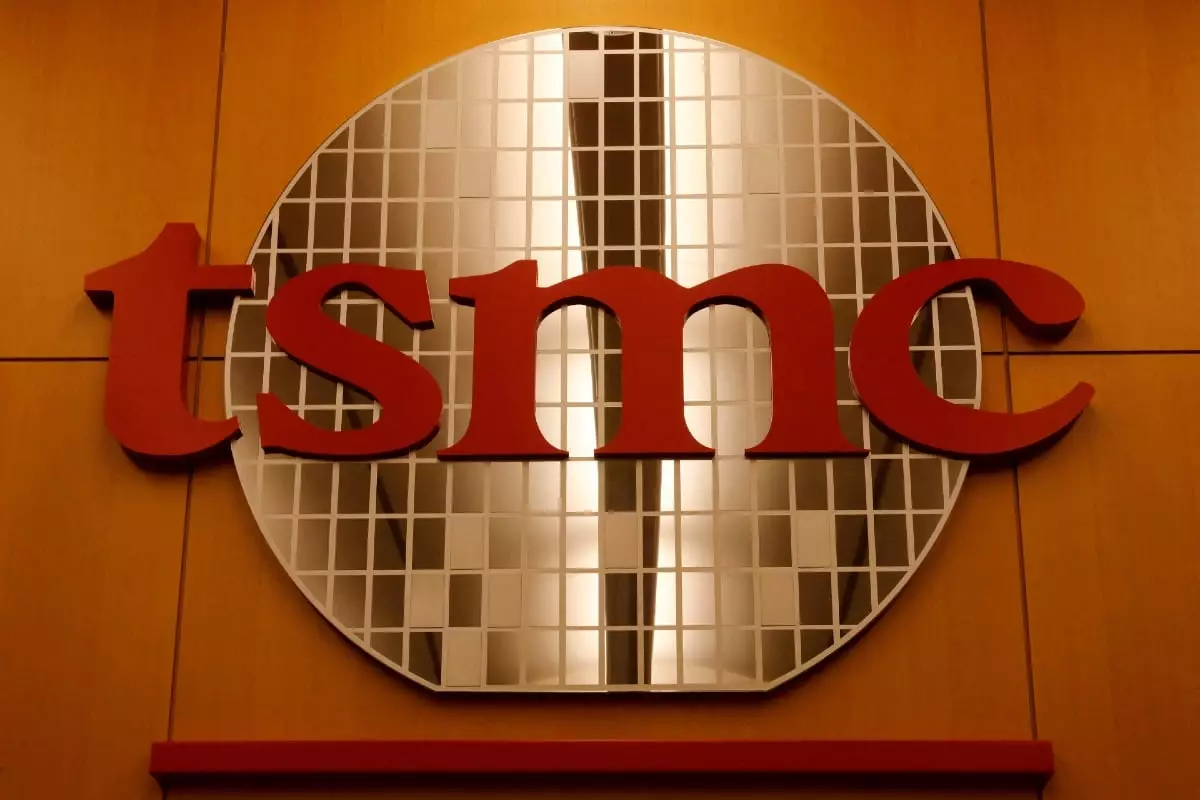The global semiconductor landscape has been marred by regulatory complexities and national security considerations, as evidenced by Taiwan Semiconductor Manufacturing Company’s (TSMC) recent suspension of shipments to China-based chip designer Sophgo. This decision stems from the discovery of a TSMC chip in Huawei’s Ascend 910B AI processor, raising alarms about compliance with U.S. export controls. In this article, we will explore the implications of this incident, the interplay of international trade laws, and the broader technological competition between the U.S. and China.
The revelation that a TSMC-manufactured chip was found on a Huawei processor has sparked significant concern within the semiconductor industry. TSMC, the world’s largest contract chipmaker, is under intense scrutiny, notably since it has not supplied Huawei with chips since mid-September 2020 due to U.S. restrictions intended to thwart potential security risks. The situation illustrates the vulnerability of semiconductor supply chains, where authorized transactions can inadvertently lead to breaches that attract government investigations.
The immediate consequences for Sophgo, which is closely associated with cryptocurrency manufacturer Bitmain, are substantial. Following the detection of the chip on the Huawei product, Sophgo insists it had no prior business dealings with Huawei, emphasizing compliance with all relevant laws. However, the mere association with a company like Bitmain—previously embroiled in legal troubles for alleged recruitment of Taiwanese engineers—adds an additional layer of scrutiny and complexity to Sophgo’s defense.
Complicated Relationships and Regulatory Challenges
The dynamics of global semiconductor trade are profoundly influenced by regulatory environments, particularly following the expansion of U.S. authorities’ capabilities to restrict foreign-produced items originating from U.S. technology or software. This regulatory landscape is evolving, and each incident, such as the one involving Sophgo and Huawei, serves to highlight the risks companies face while navigating these treacherous waters.
The Department of Commerce’s indication of awareness regarding potential violations reflects ongoing concerns about the technological arms race between the United States and China. This regulatory scrutiny also defines the interdependencies that exist within the technology ecosystem. Companies must ensure that their supply chains are not only efficient but compliant with international laws, which can be a daunting task in a rapidly changing landscape.
The dual investigations by TSMC and U.S. regulatory bodies signal a serious breach of trust in the semiconductor supply chain. Reports confirm that TSMC alerted both Taiwanese and U.S. authorities shortly after discovering the chip on the Huawei hardware. This quick response showcases TSMC’s commitment to transparency and compliance, albeit with the inherent risk of association to violations that carry severe penalties in the current political climate.
The consequences extend beyond TSMC and Sophgo directly, as the broader industry watches the developments closely. Companies that have previously relied on TSMC for their chip supply might reconsider their partnerships, fearful of unintentional violations that could arise from complex supply chains. Furthermore, the incident could catalyze new policies or tighter restrictions imposed by governments on semiconductor sales and distribution, which may affect innovation and competition, especially as major players in China seek to develop self-sufficiency in chip manufacturing.
Simultaneously, the incident underscores a pressing need for clarity and cooperation among industry players, regulatory bodies, and governments to cultivate an environment supportive of innovation while safeguarding national interests. As Sophgo continues to advocate its innocence and TSMC re-evaluates its client relationships, the focus will turn to how companies can navigate these challenges without stifling technological advancements needed to address the escalating demand for AI and computing power.
With entities like Bitmain positioning themselves to challenge dominant players such as NVIDIA and AMD, the stakes have never been higher. The denouement of this incident will likely serve as a predictor for future engagements within the semiconductor industry and could significantly influence the capabilities and strategies of Chinese technology firms vying on the global stage.
TSMC’s suspension of shipments to Sophgo amid allegations of unauthorized chip usage speaks volumes about the intersection of technology, regulation, and international relations. The semiconductor industry faces an urgent need for stringent compliance measures alongside innovative strategies to ensure it remains competitive while adhering to global standards and regulations.

